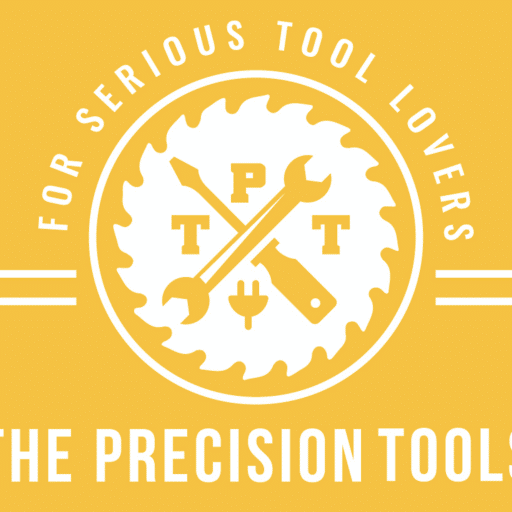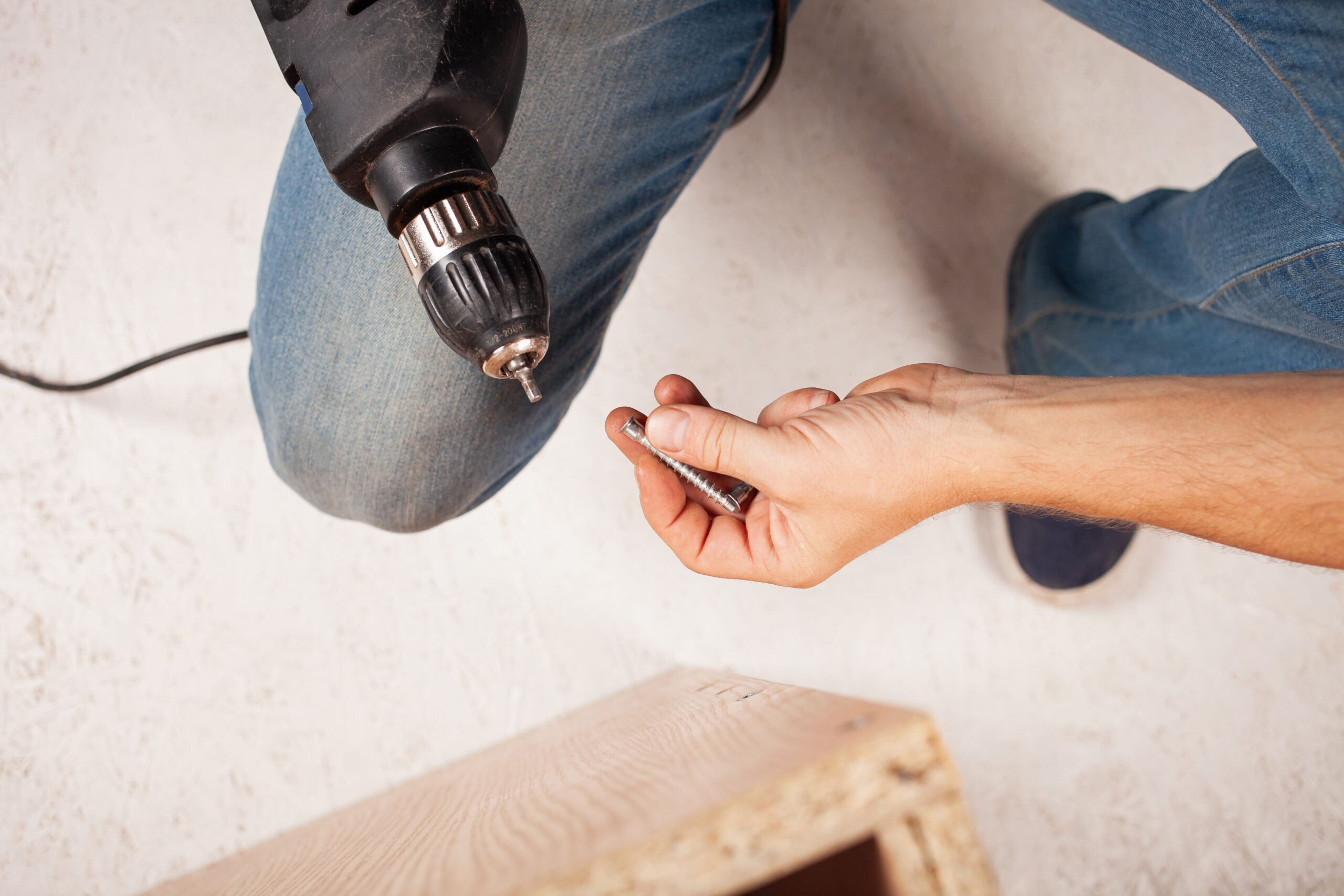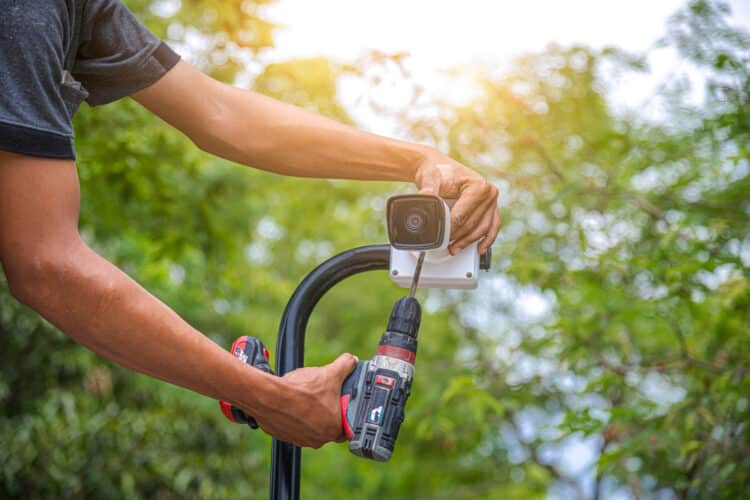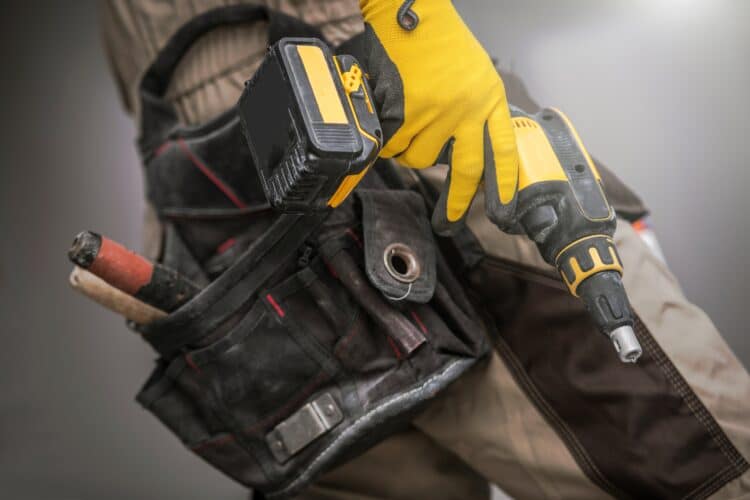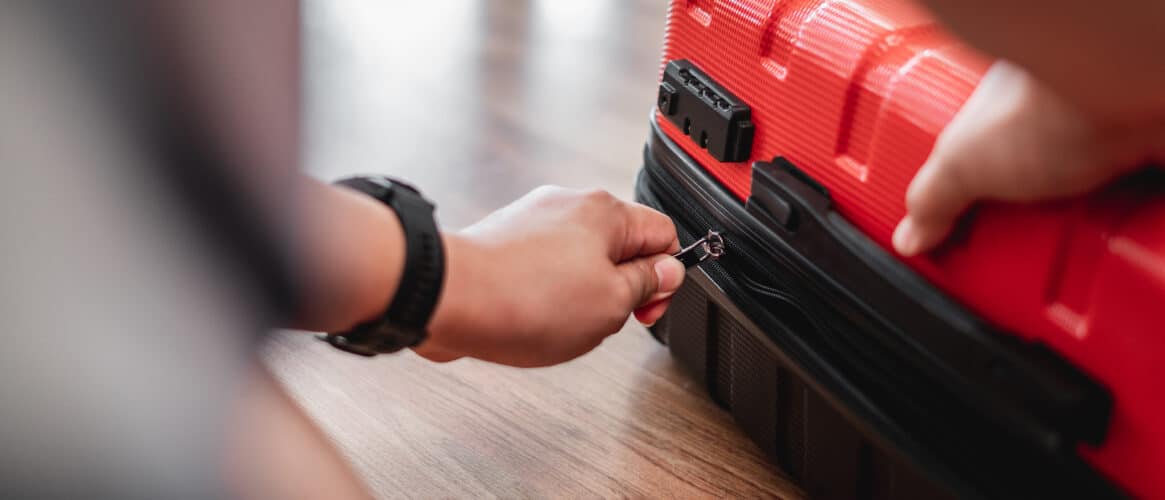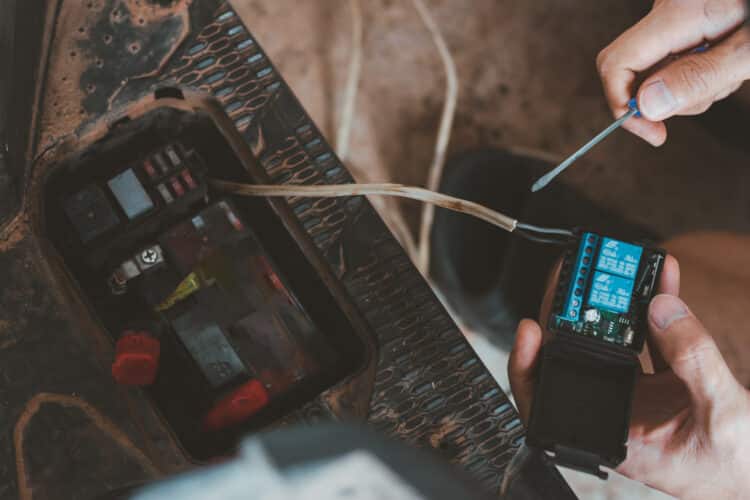How to Choose a Drill for Beginners
Key Takeaways
- The first important point is to determine the type of drill needed based on the project requirements. There are different types of drills available, such as drill drivers, hammer drills, and impact drivers, each designed for specific tasks.
- Another key point is to consider the surface and material you will be working on. Different drills are designed for different materials, so it’s important to choose a drill that is suitable for the specific surface and material.
- The size of the project is also an important factor to consider. For small projects or projects that require mobility, a portable solution such as a cordless drill is recommended. Cordless drills offer the advantage of being versatile and portable, allowing for work in different locations without the need for a power outlet.
When it comes to choosing a drill for beginners, there are several factors to consider. With so many options available in the market, it can be overwhelming to find the right one that suits your needs. In this article, we will explore some essential tips and tricks to help you make an informed decision.
1. Determine the Type of Drill Needed
The first step in choosing a drill is to determine the type of drill needed based on your project requirements. There are different types of drills available, each designed for specific tasks:
- Drill Drivers: These are versatile drills suitable for general drilling and screwdriving tasks.
- Hammer Drills: If you will be working with masonry or concrete, a hammer drill is necessary. It delivers a hammering action along with the rotational motion.
- Impact Drivers: Impact drivers are ideal for driving large screws into hard materials. They offer more torque and are less likely to strip screws.
Understanding the type of drill needed will ensure that you choose the right tool for the job.
2. Consider the Surface and Material
Another important factor to consider is the surface and material you will be working on. Different drills are designed for different materials, such as wood, metal, or concrete. For soft materials like wood, a corded or cordless power drill will work fine. However, if you are working with harder materials like masonry or concrete, a corded or cordless hammer drill is needed for the added power and impact force.
3. Evaluate the Size of the Project
The size of your project also plays a role in choosing the right drill. If you have a small project or need to move around frequently, a portable solution is recommended for better mobility. Cordless drills offer the advantage of being portable and versatile, allowing you to work in different locations without the need for a power outlet.
4. Consider Ergonomics and Weight
Ergonomics and weight are crucial considerations, especially for beginners. Look for a lightweight and ergonomically designed drill that reduces fatigue and provides easier handling. A comfortable grip and balanced weight distribution will ensure better control and precision during drilling.
5. Power and Performance
The power and performance of the drill are important factors to consider. Higher voltage or amperage generally indicates a more powerful drill capable of handling tougher tasks. However, it’s essential to strike a balance between power and usability for beginners. A drill with adjustable speed settings and adjustable torque allows for precise control in different tasks.
6. Additional Features
When choosing a drill, it’s worth considering additional features that can enhance your drilling experience. Look for built-in LED lights, reversible functions, and battery indicators for added convenience and efficiency. These features can make a significant difference in usability and productivity.
7. Safety Features
Safety should be a top priority, especially for beginners. Look for drills with a lock-on button and an easy-to-use switch for continuous and quick operation. A good grip and balance are also important for safe handling.
8. Battery Life and Power Source
If you opt for a cordless drill, consider the battery life and power source. Assess the amount of time needed for your projects and choose a drill with an appropriate battery life. It’s also a good idea to have an extra battery pack on hand for easy swapping if you anticipate using the drill for long periods.
By considering these factors, you can ensure that the drill you choose is suitable for your needs and provides value for your money.
Related Websites:
FAQs:
Q: What are the different types of drills available?
There are three main types of drills available: cordless drills, corded drills, and hammer drills. Cordless drills offer portability and convenience, corded drills provide consistent power, and hammer drills are designed for drilling into tough materials.
Q: What factors should beginners consider when choosing a drill?
Beginners should consider power, speed, and torque when choosing a drill. These factors directly affect the drill’s performance and suitability for different tasks.
Q: Why is battery life important for cordless drills?
Battery life is important for cordless drills as it determines how long you can use the drill before recharging. Longer runtime allows for uninterrupted work and greater productivity.
Q: Why is the size and weight of a drill important for beginners?
The size and weight of a drill are important considerations for beginners as a smaller and lighter drill offers greater maneuverability and ease of use. It reduces fatigue and allows for precise control.
Q: What are some additional features that beginners may find useful in a drill?
Some additional features that beginners may find useful include LED lights for better visibility, built-in levels for accuracy, and magnetic bit holders for convenience. These features enhance the drilling experience.
